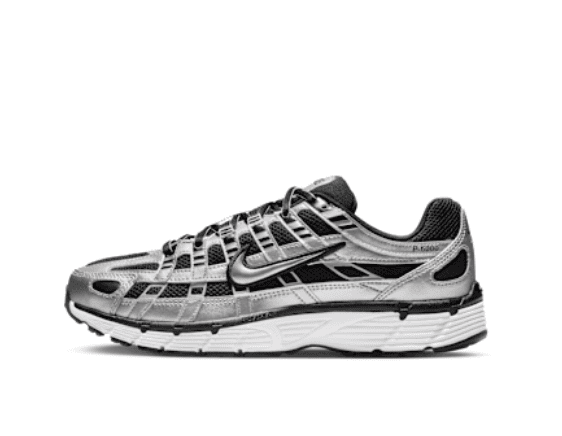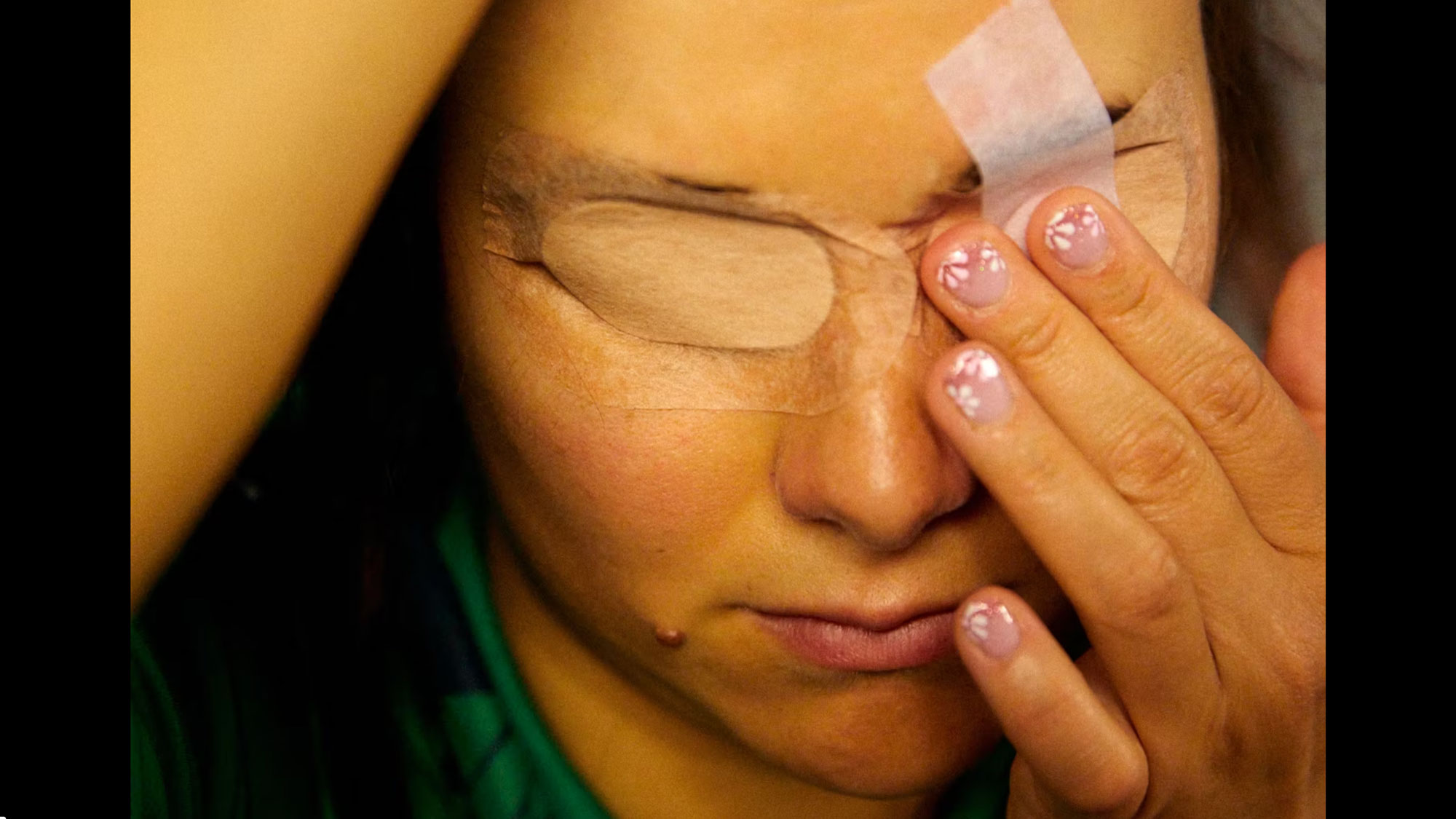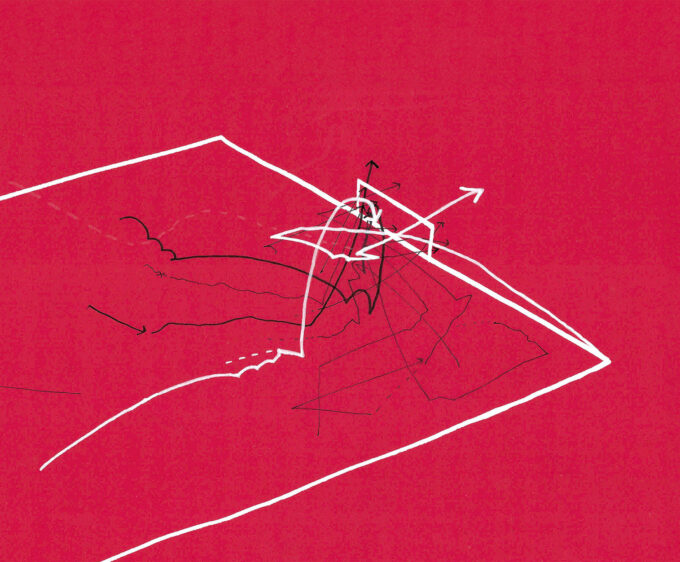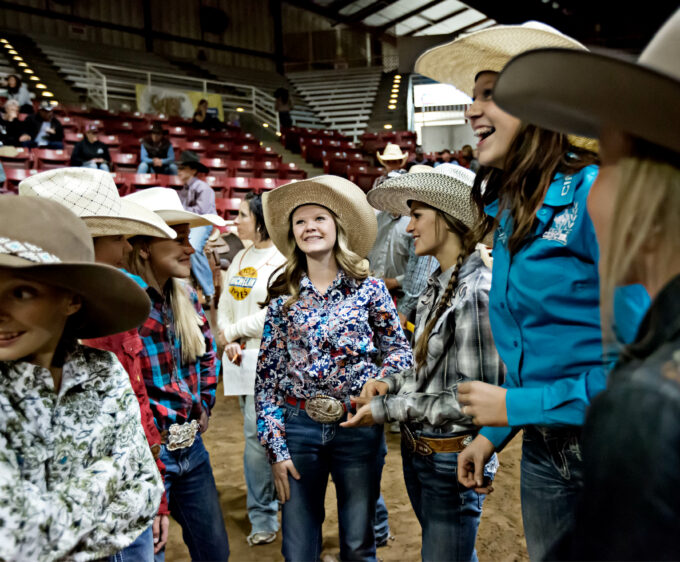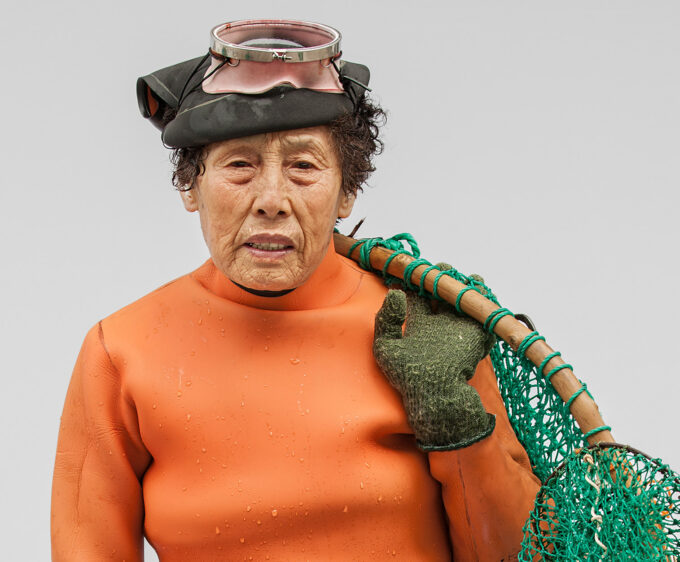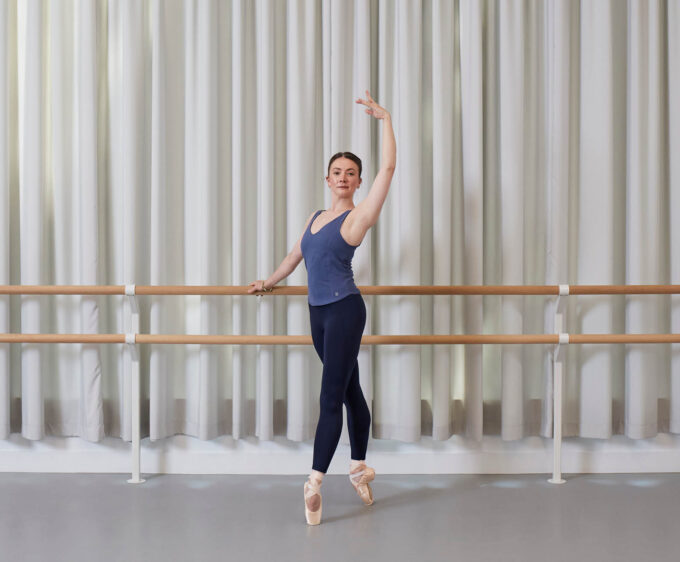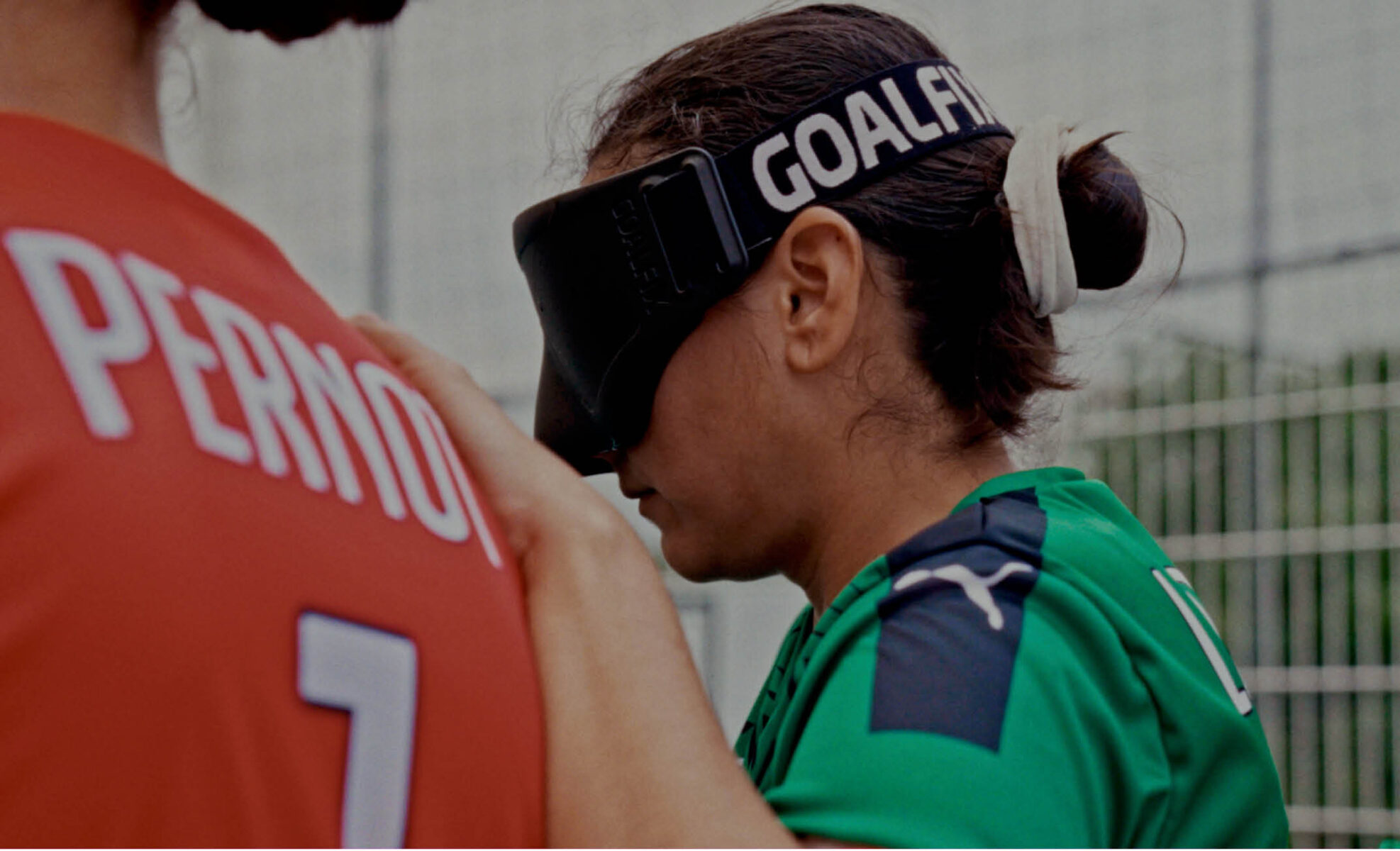
Blind Goals
Close your eyes. Now imagine scoring a goal in total darkness. Director and photographer Mathieu Mamousse captures the brilliant journey of SC Schiltigheim’s Women’s Blind Football team as they overcome both gender and disability barriers.
By Ellë Bolland
Photography & Film by Mathieu Mamousse
When you think of a football match, what springs to mind? Roaring fans, unfiltered emotions and cheers that resemble a heartbeat throughout the stands? But what would the game be like if the fans were silent? Welcome to the fascinating world of Blind Football.
“The main difference is that when you play blind football, the game is all about listening. All the spectators have to be quiet in order for the players to hear the rattle of the ball. It’s silent throughout game play, until someone scores!” I’m speaking with French photographer and director, Mathieu Mamousse, who tells me about what he’s learnt from producing his recent film, Blind Goals. Like me, Mathieu also hadn’t encountered blind football, and it was only when he was researching his next project that he came across the sport. “I’ve always loved sport, and particularly working on projects in women’s sport because they face more struggles. Documentaries are the perfect format to tell the unique stories and realities of the people experiencing these issues,” he tells me.
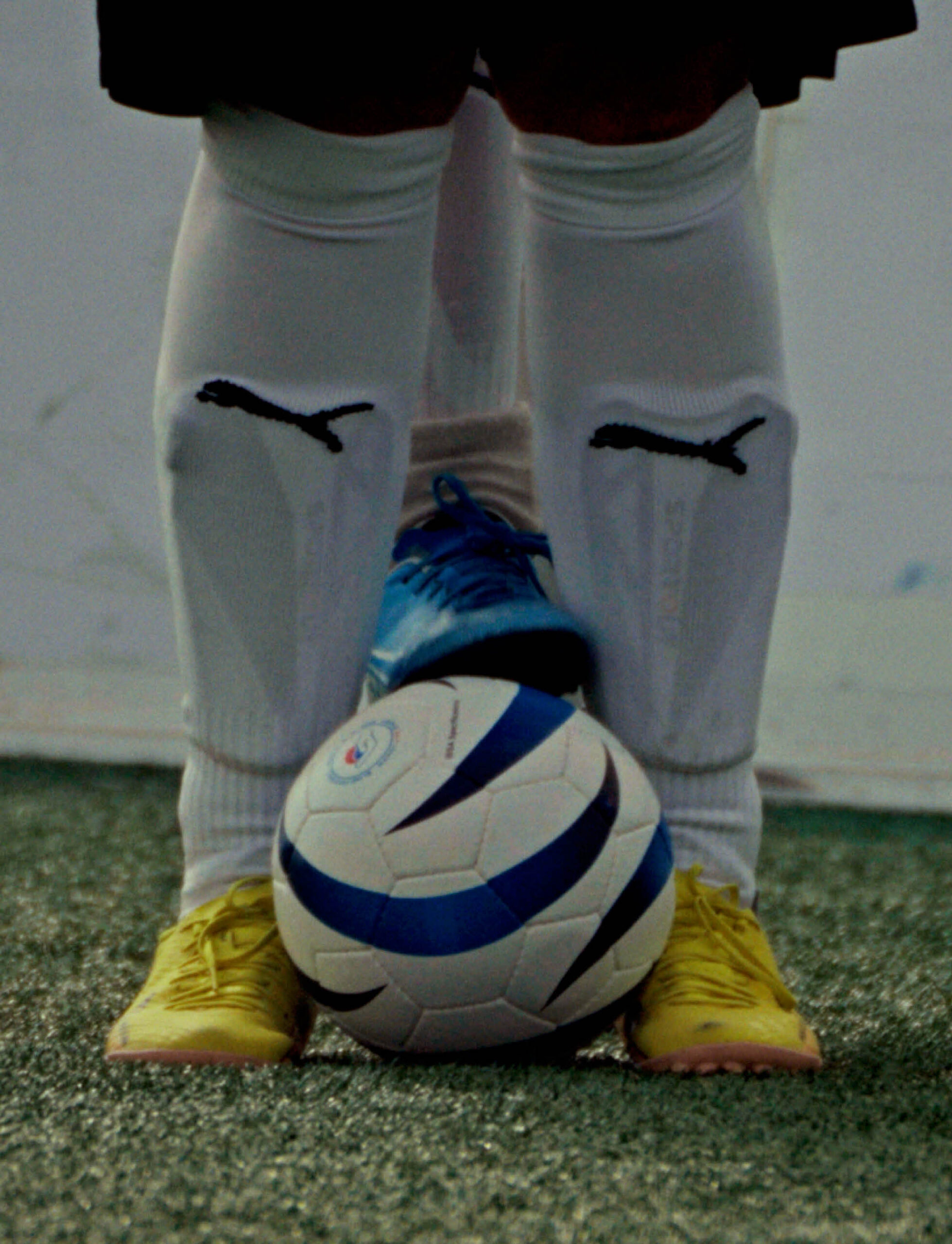
In the film, Mathieu meets the French players pushing the limits of disability and gender for SC Schiltigheim’s Women’s Blind Football team. Redefining the boundaries of disability and gender in the world of sports, the women’s blind football team of SC Schiltigheim gathers players from across France – connected through blindness, athletic skill, and the ambition to win.
Trained under volunteer coach Amélie Stamller, in Schiltigheim, France – a northern suburb of Strasbourg – the team consists of four visually impaired players and a sighted goalkeeper, supported by Stamller alongside an offensive coach, whose position marks the location of the opposing goal. Yet, while the SC Schiltigheim men’s team are representing France in the Paris 2024 Paralympic Games, a lack of allocated resources prevents the women’s team from forming a national squad – highlighting funding inequalities in a male-dominated sport.
Meeting during the IBSA Blind Football Grand Prix 2024, Mathieu Richer Mamousse follows the team through their challenges and triumphs for short documentary Blind Goals. As they face Germany and Austria on the pitch, he captures the optimism and endurance that pushes the players forward – and the collective drive to excel and be recognised as the French national team. It was after Mathieu’s experience working on the African Women’s Rugby Series back in 2019, that he felt driven to tell more stories of women in sport. “I really wanted my next project to be in France because of it being the Olympic year, and then I found this French blind football team that happened to have a women’s team as well! I’d never heard anyone speak about the sport, which made me want to cover it myself.”
Mathieu tells me that beyond athletic performance, the thing that matters most for him is the players’ unique stories, and how they represent the unheard voices of other women. Interestingly, some have partial vision and a different sensitivity to light, while others are 100% blind, and that’s why you’ll see all of the players with their eyes covered – to ensure it’s a completely fair game.
“It’s fascinating. I learnt so much about each of the players, like the captain, Mireille Loeffler, for example. She started to try different things like blind football as a way of branching out from her community. She’s joined many organisations to promote women’s sport, she’s part of a choir, etc. And her job? She’s a piano technician!” he shares.
Throughout the video, we get to hear from Loeffler herself, “It’s amazing because you’re completely free, guided by voice alone. There are no barriers, no walking sticks, no guide dogs. In the end, we’re quite free.” There’s something so touching about her point: it reflects a deep sense of liberation for visually impaired athletes — how in the absence of traditional mobility aids, they can fully engage with the game, relying solely on their instincts and trusting the voices around them. It captures the feeling of freedom that comes from embracing their abilities and navigating the world on their own terms. This is echoed in her following point, “As a blind woman, I can knock down doors to discover what lies beyond. All we need to do is hold hands and move forwards together.”
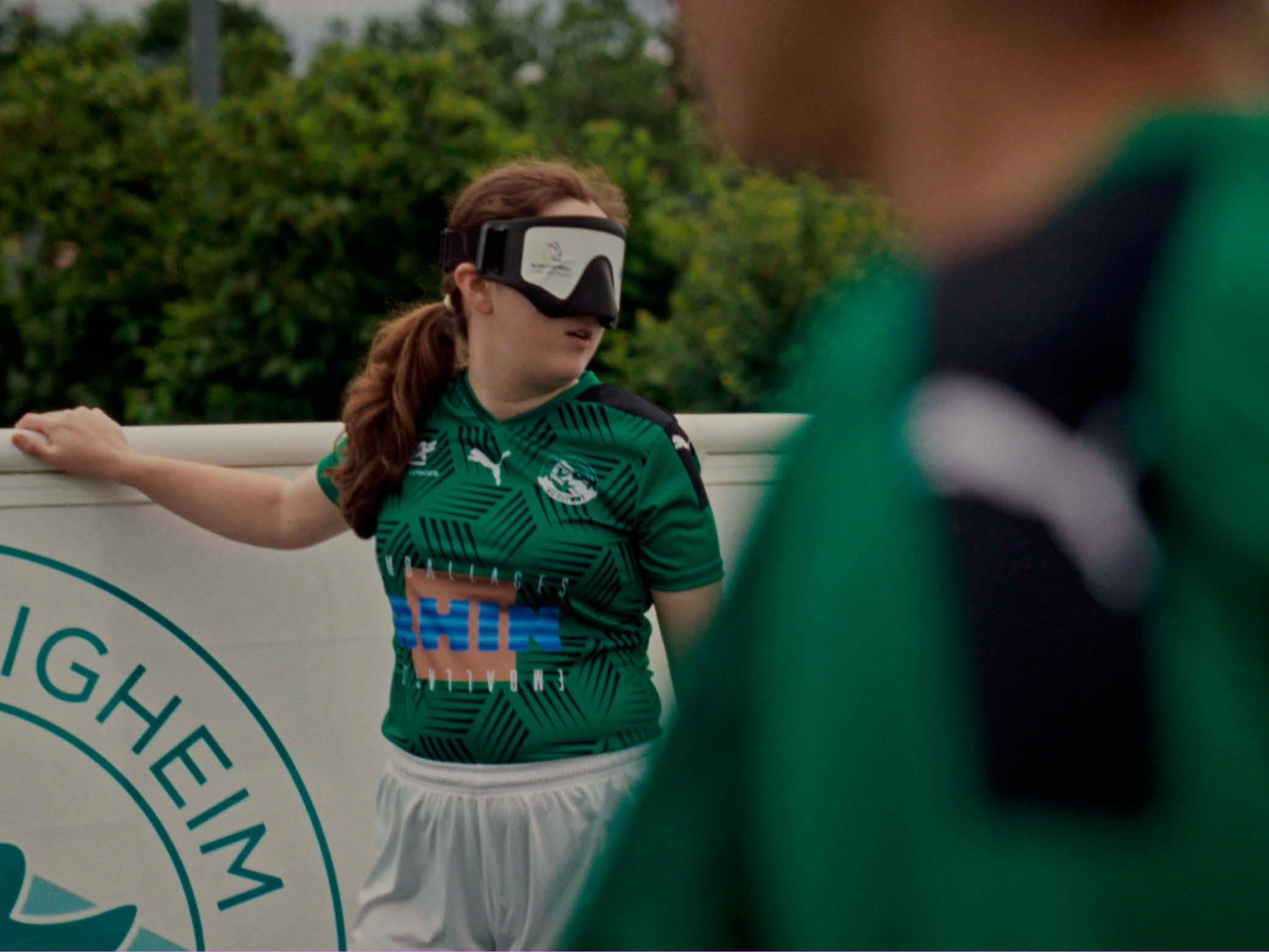
commitment
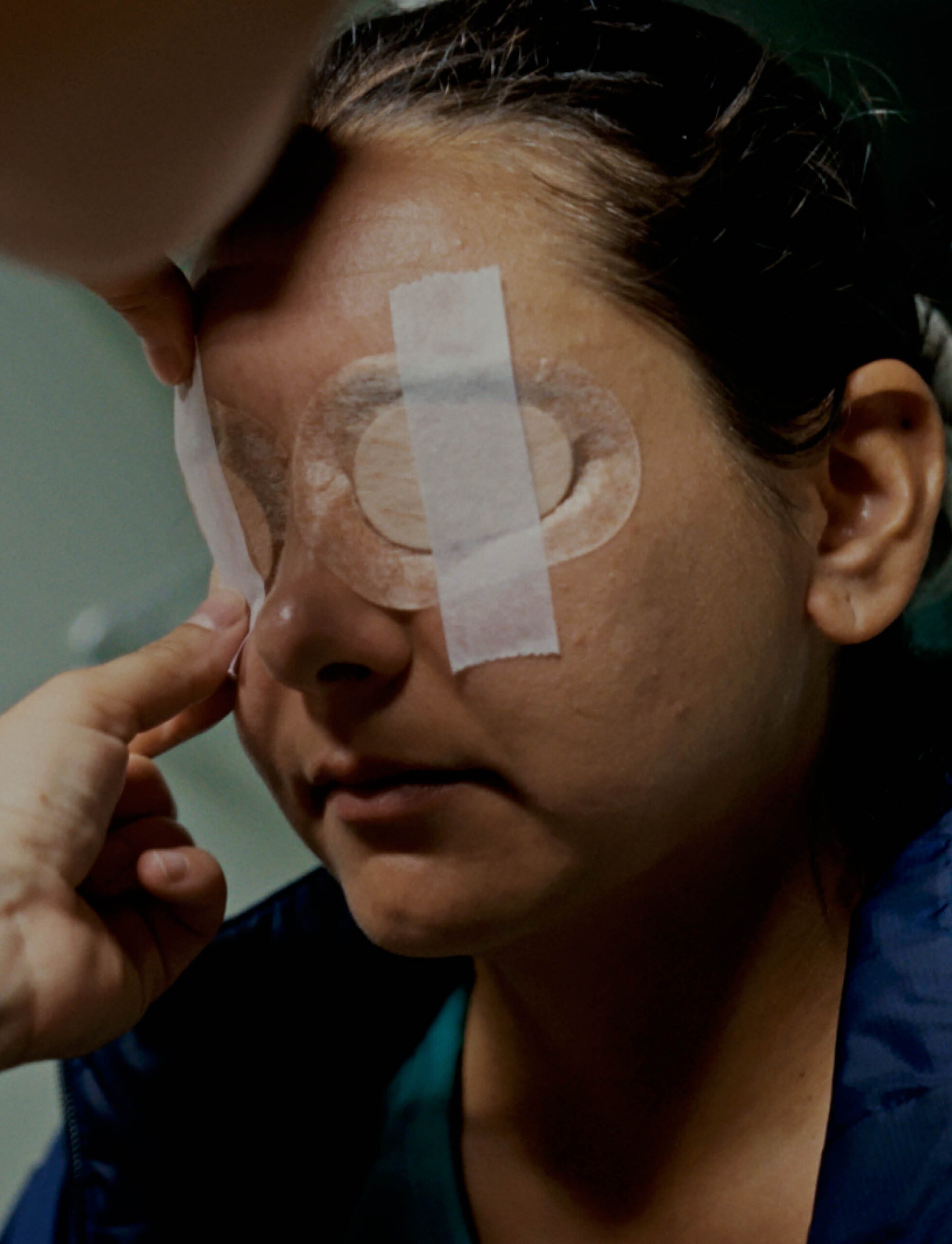
I ask Mathieu to delve into what it’s like in the changing room. He says it was truly moving, as the players went about their routines with little awareness of the camera’s presence. Their interactions felt incredibly pure, unfiltered by concerns about appearances or how they might be perceived by others. Initially, it took some time to adjust, as we were often quite close with the cameras, which felt somewhat intrusive. However, the players remained authentically themselves, not trying to present a different image or behave in any particular way.
As he speaks, I can really sense Mathieu’s passion for raising the profile of these women. It reflects his deep respect for the players’ resilience to navigate their difficult paths into the sport, with each story adding a rich layer to the narrative of empowerment that unfolds on and off the pitch. The fact these women represent their country at national level, and still have to travel up to eight hours to Strasbourg just to train together twice a month, really epitomises their fortitude. How, with such limited access to training and other resources, do they remain so hopeful and courageous? “Their level of commitment is just so impressive!” Mathieu remarks.
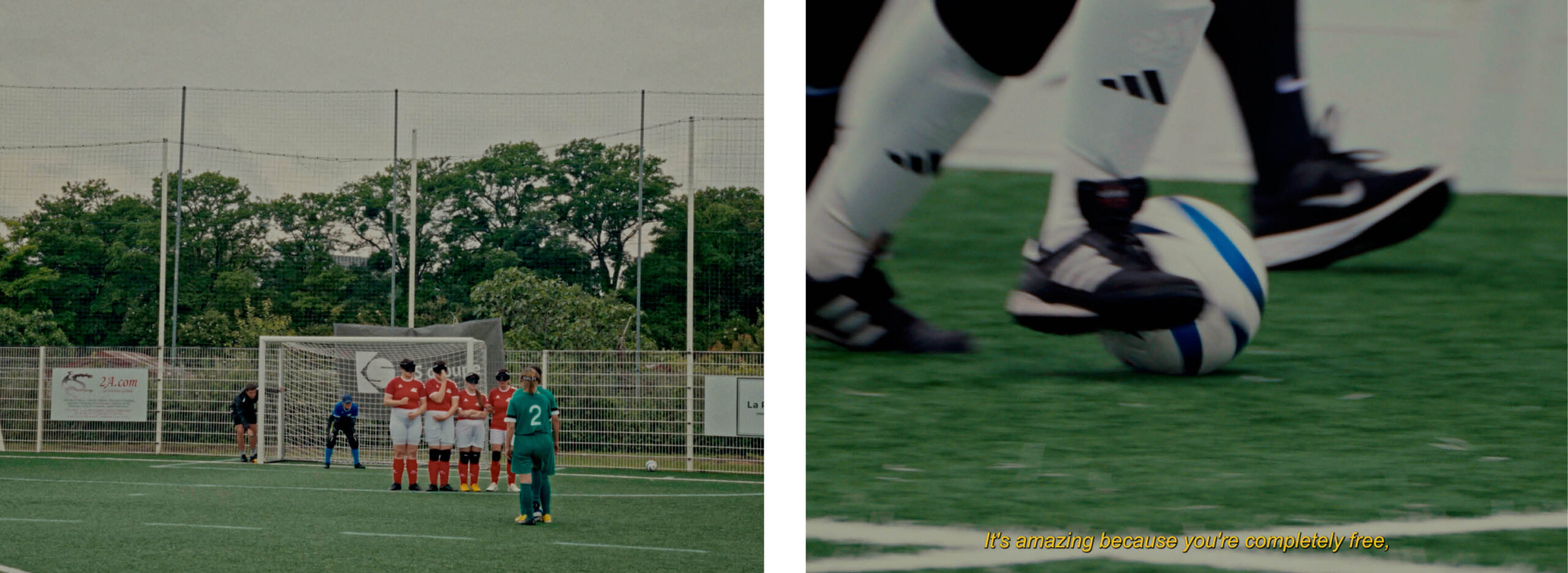
But it’s not only funding to existing players that’s preventing the growth of the sport… There’s also a sheer lack of players to make a full national team. Mathieu tells me there are currently 7 women (most of whom live in completely different areas to one another), compared with a team of 10 players in the men’s, not to mention a full support team including a sports director, physiotherapist and media manager to name a few. For SC Schiltigheim, they rely solely on volunteers, including coach Amélie Stamller. Not only that, but right now there aren’t even enough teams to make the women’s game part of the Paralympic agenda. So how do we tackle this?
As Mathieu highlights, we need media support to drive awareness and reach a wider audience. “It’s why these projects are so important to me. As I work in media, it’s my responsibility to give these stories the attention they need. When I share my work, it reaches everyone in my network, and there might be a mutual connection that can relate to the film and goes ‘Oh! I need to send this to my blind cousin, she should try it’.” It’s equally why I feel strongly about sharing Mathieu’s film, because the ripple effect is huge. Sharing it has the potential to reach blind women that likely haven’t even heard about the sport, and maybe even encourage some to try it for themselves.
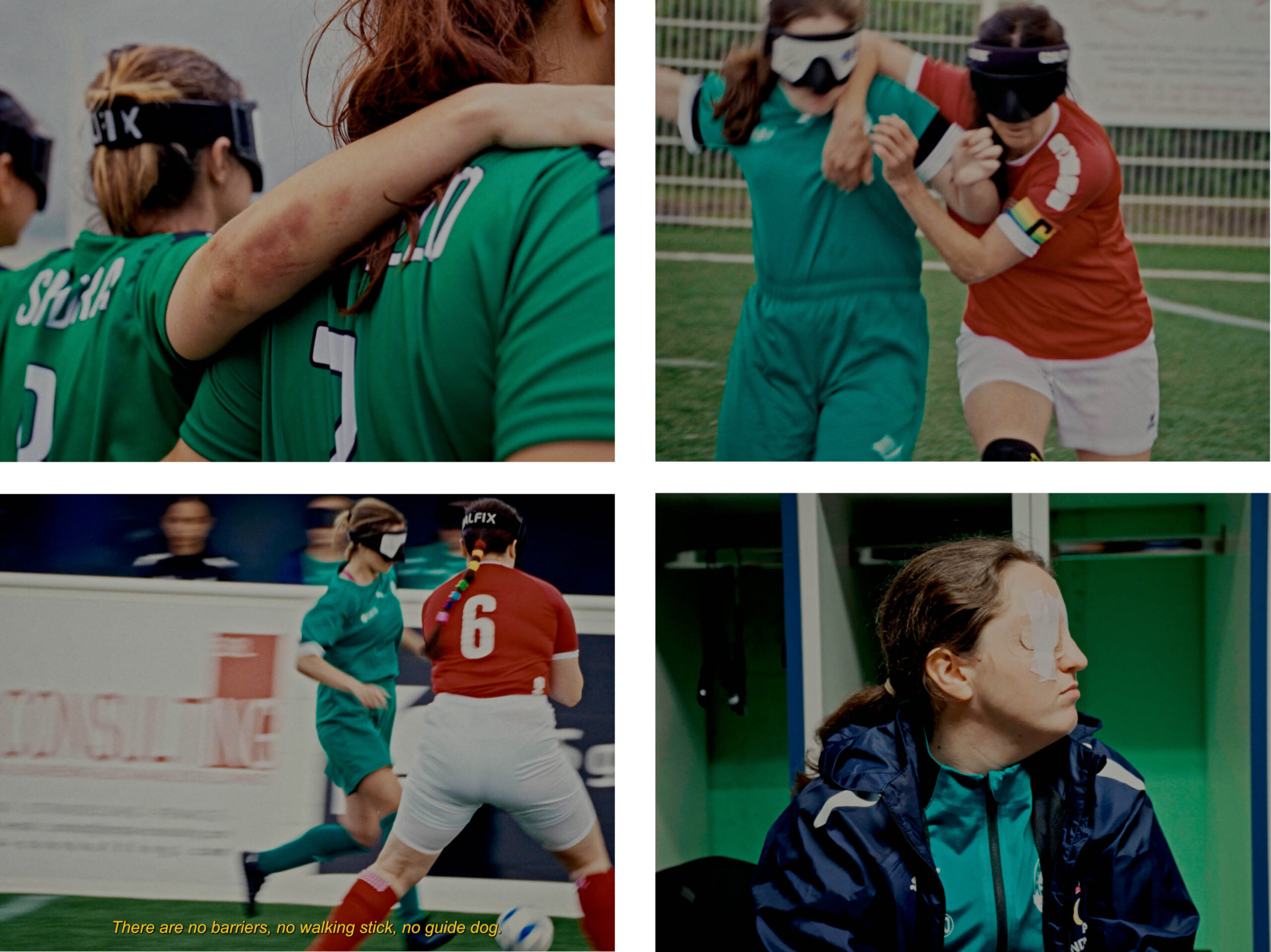
Ambitions
“And what does the future look like for the women’s game?” I ask. “It’s going in the right direction! Maybe by the 2032 Brisbane Paralympics we’ll see women compete in the blind football tournament. At the moment, there aren’t enough teams to make a tournament. But women – like those in my video – are really making this change happen. They’re raising the profile for the sport,” Mathieu shares. Despite all the obstacles, these women don’t give up on the game; they turn up to training whether it’s down the road or an arduous eight-hour journey, they find the funds without relying on any governing body, they give their very-limited time expecting nothing in return. They are the real change-makers.
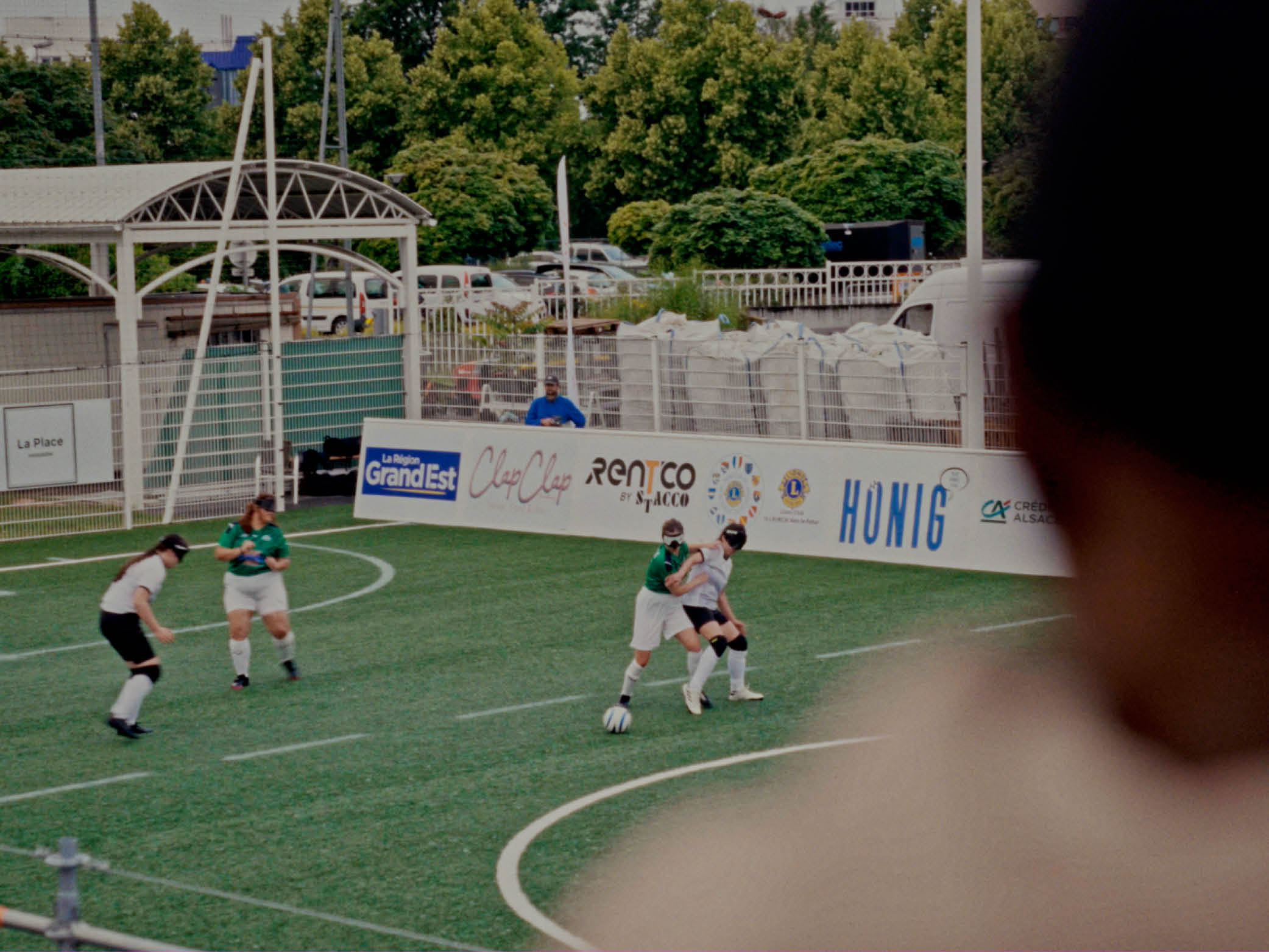
Through Mathieu’s film, we are given the privilege to witness the journey of these remarkable athletes. Driven by their shared experiences and ambitions, they inspire not only each other but also so many others who feel unseen or unheard. Furthermore, their stories remind us that sport is about so much more than competition and winning; it’s about community, empowerment, and forging paths for the future. As we celebrate these remarkable women, we hold onto the hope that their visibility will lead to a more inclusive landscape where each and every athlete can thrive, regardless of gender or ability.
Watch Mathieu’s film, Blind Goals here: Vimeo
Check out Mathieu’s work here: mathieu-rm.com
And you can follow Mathieu on Instagram
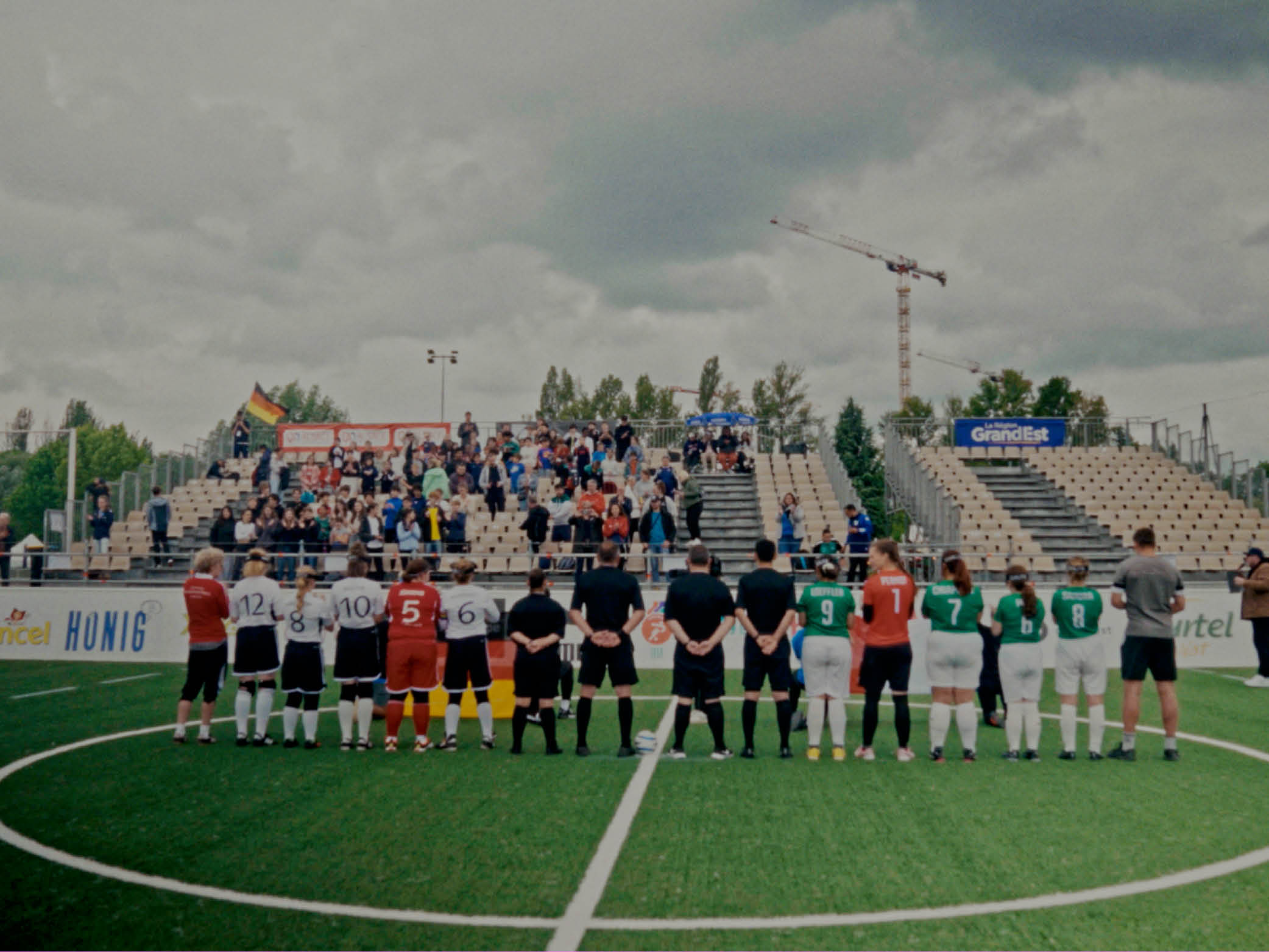
Film Credits:
Director: @mathieu_richer_mamousse
Agency: @supervision_agency
DoP: @mdxtra
Editing: @barnabe.zoc
Coloring and Grading: @trancactus
Music : @wenceslas_ob
Sound design and mix: @nitefall.studio
Boom operator: @audio.field
